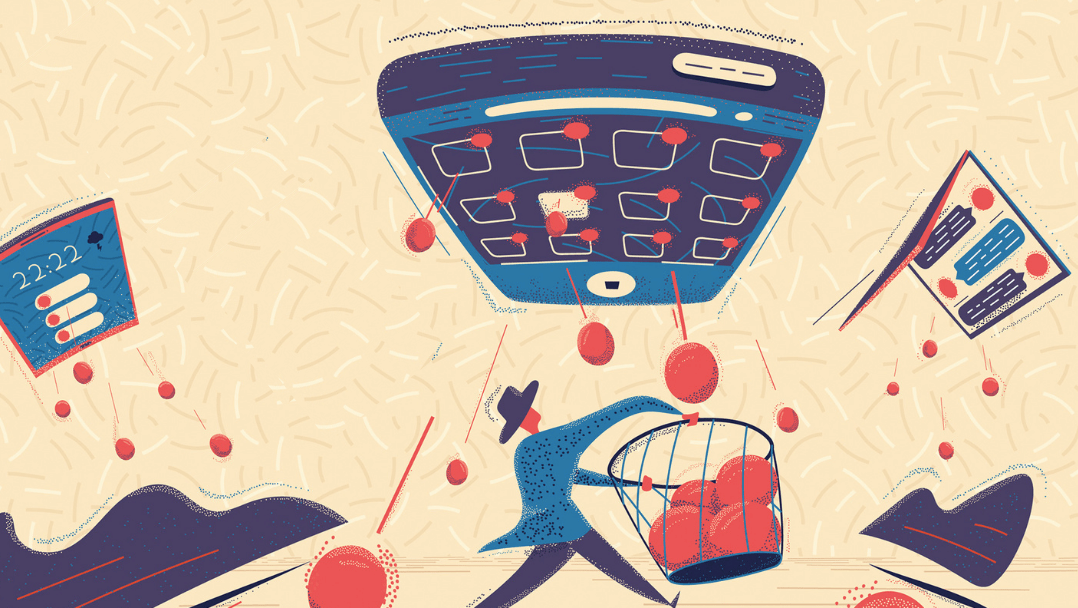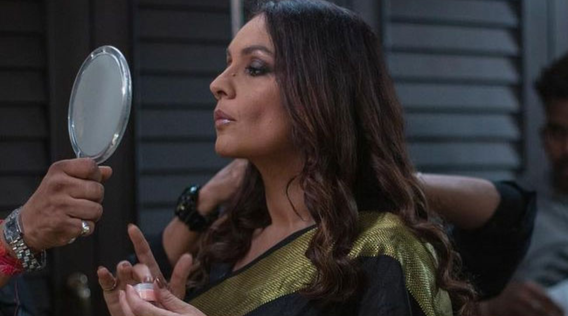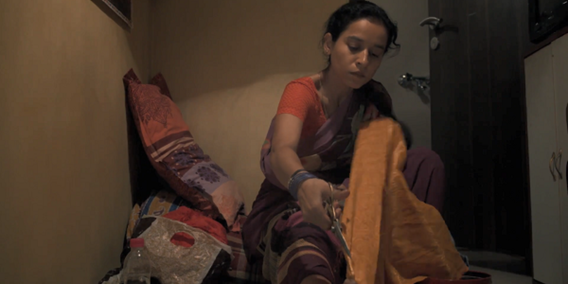The internet has become our go-to for all kinds of information, and that shouldn’t come as a surprise to anyone, considering it’s made all our lives easier. In fact, had it not been for the internet, staying sane throughout the pandemic wouldn’t have been an option for most of us. It’s become a space for all our questions; questions we are too scared to ask, questions that we are hesitant about, questions we are curious about, and sometimes, questions we are even embarrassed to think about aloud.
But yet, even with all of these perks, the internet comes with a major downside:

I’m sure we’ve all faced the sheer panic of thinking we have some long-forgotten disease as we spiral down the web with our myriad health queries. Now, most of us have recognized (remember: most is the keyword here) that the internet is simply not a reliable source when it comes to medical advice. And yet, all rules are off the table when it comes to our mental health.
To be honest, I’ve done it too. If it’s a problem with my emotions or worse, my brain, it’s all in my head, right? I could just ‘think my way out of it’ and the internet would teach me how to make it all better again! I believed in that statement 100% till I realised I was taking advice from a white dude who was just…ranting about his life.
So is all the advice on the internet reliable? No. Is all of it unreliable? Also no. The kind of advice available out there (and how you choose to consume it) decides whether it’s actually going to benefit you or not.
Here are a few things you can keep in mind if you feel unsure the next time:
Destigmatization vs Diagnosis:
Celebrities can help with destigmatizing mental health so that there’s greater awareness and acceptance when it comes to mental illness (and wellness). This also means that while they might share the necessary resources that could connect you to professional help, it doesn’t actually make them (i.e your average instagram influencer) the ‘professional help’. So when you see a famous person giving you advice on your mental health, make sure you do your due research, because only real professionals can diagnose.
Your voice matters more than the one that’s giving you advice.
Sometimes we come across stuff on the internet that makes us go, “Hey! This person knows me, so they must understand exactly what I’m going through”. Now, because we all have shared experiences, it’s easier to relate to each other which is the beauty of being human. But that’s the thing. It doesn’t mean that all our experiences have to be the same. Don’t push yourself to fit a standard that someone on the internet is setting for you.
If something you’ve read online has struck a chord with you, use that as a starting point to understand if you need to get actual help from a professional. They will help you through your frame of reference (customization), and not just their own.
Credentials > Confidence.
Just because something reads well and is written confidently doesn’t mean it’s necessarily true, it’s time to look at reliable sources, and most importantly, check their credentials. If you’re confused about the professional titles that exist in the field on MH, here’s an IG TV video giving an explanatory gist!
Over and under pathologizing
You might find someone on the internet who’ll tell you that your symptoms fit the criteria for some mental illness while there’ll always be another person who’ll tell you that it’s common and it happens to everyone. Who do you believe? Well, if they’re on the internet, probably neither of them. You are the best judge of what’s happening to you. Talk to your friends and family if you feel like it’s a safe space, and make sure you reach out to helplines. Talk to a professional about these symptoms. Listen to your inner voice, but in the end, let someone reliable guide you.
Mental health can be tricky. There’s so much to deal with, there’s stigma and there’s a whole lot of confusion – in fact, there’s so much of it, that sometimes it can get overwhelming and things might seem like they are spiralling. If this happens please don’t hesitate to get professional help. Even if you feel like it’s just in your head, your head is an important space for you!
And we bet you everything, the internet would tell you the same thing.


 Sanjana has recently graduated with a degree in Psychology and is interning at The Thought Company to gain more knowledge and experience on her path to becoming a mental health professional. She is interested in understanding what makes people resilient in the face of adversity. She has a knack for cooking, origami and re-reading Khaled Hosseini books. Her favourite way to de-stress is watching a Pixar movie curled up next to her dogs. If she could be any Pixar character, she’d be Remy from Ratatouille!
Sanjana has recently graduated with a degree in Psychology and is interning at The Thought Company to gain more knowledge and experience on her path to becoming a mental health professional. She is interested in understanding what makes people resilient in the face of adversity. She has a knack for cooking, origami and re-reading Khaled Hosseini books. Her favourite way to de-stress is watching a Pixar movie curled up next to her dogs. If she could be any Pixar character, she’d be Remy from Ratatouille!




